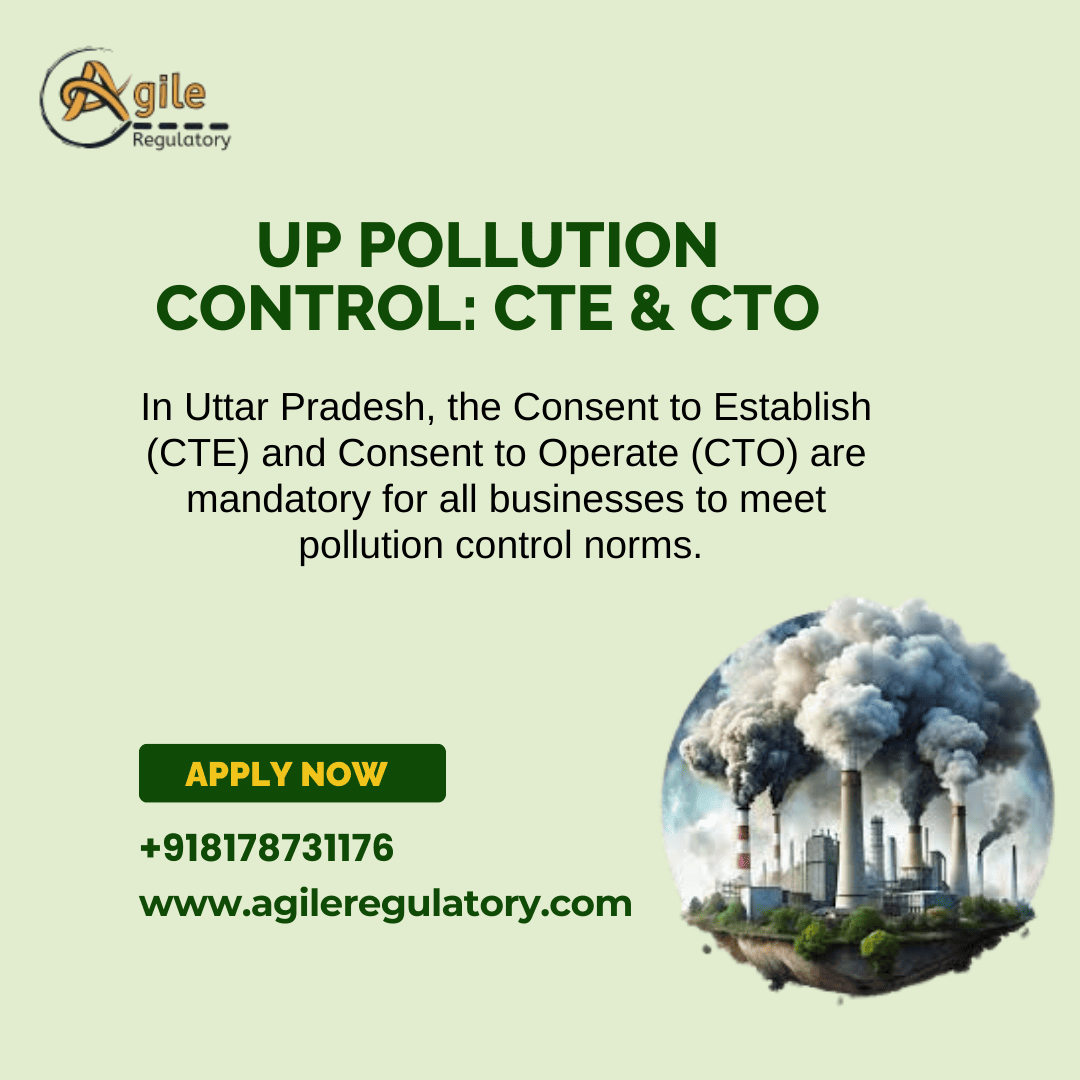Scaling Industrial Production in the Delhi NCR: Regulatory Considerations for Expansion and Capacity Upgrades

The Delhi National Capital Region (NCR) has long been a vibrant industrial hub, attracting diverse manufacturing sectors ranging from electronics to textiles, food processing to pharmaceuticals. With rising demand both domestically and internationally, many industries in the NCR are planning to scale up production capacities or upgrade their existing facilities. However, navigating the regulatory landscape for such expansions is crucial to ensure smooth operations and compliance with environmental and industrial laws.
Understanding the Regulatory Framework
Scaling industrial production in Delhi NCR involves more than just infrastructure and workforce expansion. It requires a comprehensive understanding of the regulatory requirements set by central and state authorities, particularly in the realms of environmental clearance, factory licensing, safety standards, and pollution control.
At the core of regulatory compliance is the need to secure clearances that assess the environmental impact of increased production capacity. The Delhi Pollution Control Committee (DPCC) and the Uttar Pradesh Pollution Control Board (UPPCB) oversee industries in the NCR, requiring industries to comply with the Air and Water Acts, Hazardous Waste Management Rules, and other environmental safeguards. Any expansion or upgrade project must submit a detailed Environment Impact Assessment (EIA), which includes information on expected emissions, effluents, waste disposal methods, and mitigation plans.
Factory Licensing and Safety Norms
The Factory Act, 1948, governs the safety and welfare of workers in manufacturing units. When an industrial unit increases its production capacity or adds new machinery, it must ensure that factory licensing reflects these changes. This might require applying for amendments to the existing factory license with the local Labour Department, ensuring compliance with fire safety norms, worker safety protocols, and occupational health standards.
Capacity upgrades often mean increased electrical and water consumption, as well as more waste generation. Regulatory bodies monitor these parameters closely, and non-compliance can lead to penalties or operational shutdowns. Therefore, industries should engage consultants who understand local regulations to manage documentation and applications efficiently.
Land Use and Zoning Regulations
Another important consideration in scaling production is the compliance with land use and zoning regulations. The Delhi Development Authority (DDA) and respective municipal corporations regulate industrial land usage, and any expansion often requires a change in land use approval or industrial zoning clearance. Failure to comply with these rules may result in legal complications or refusal of permits.
Managing Labor Laws and Workforce Regulations
Expansion plans also impact labor laws compliance. Increasing the workforce requires adherence to minimum wage laws, social security benefits, provident fund contributions, and labor welfare schemes. The Shops and Establishments Act and Industrial Disputes Act also apply to changes in the scale of operations, requiring updated registrations and notifications.
Environmental Clearances: Consent to Establish (CTE) and Consent to Operate (CTO)
Two vital permits under pollution control laws are the Consent to Establish (CTE) and Consent to Operate (CTO).
-
Consent to Establish (CTE) is required before a new industrial unit is set up or when an existing unit plans a significant expansion or capacity upgrade. It certifies that the project plans meet the pollution control standards.
-
Consent to Operate (CTO) is mandatory for running the industrial operations after establishment and ensures the ongoing compliance of the unit with environmental norms.
CTE & CTO Through Agile Regulatory
For industries aiming to expand production in Delhi NCR, obtaining CTE and CTO clearances can often be a lengthy and complex process involving multiple government departments and extensive documentation. Agile Regulatory offers end-to-end consulting services to simplify this journey. Their expert team assists with application preparation, submission, liaison with pollution control boards like DPCC and UPPCB, and timely follow-ups to ensure approvals are granted without delays. Agile Regulatory’s specialized knowledge reduces the burden on businesses, helping them focus on operational growth while staying fully compliant with environmental laws.
Conclusion
Scaling industrial production in the Delhi NCR presents tremendous growth opportunities, but also demands strict adherence to regulatory frameworks. Understanding environmental clearances, factory licensing, land use permissions, and labor laws is crucial to avoid legal hurdles. Engaging expert consultants like Agile Regulatory can provide invaluable assistance in navigating these complexities, ensuring a smooth expansion journey. With the right approach to regulatory compliance, industries can sustainably enhance their production capabilities, contributing to the economic growth of the NCR region.
- Art
- Causes
- Crafts
- Dance
- Drinks
- Film
- Fitness
- Food
- Παιχνίδια
- Gardening
- Health
- Κεντρική Σελίδα
- Literature
- Music
- Networking
- άλλο
- Party
- Religion
- Shopping
- Sports
- Theater
- Wellness



